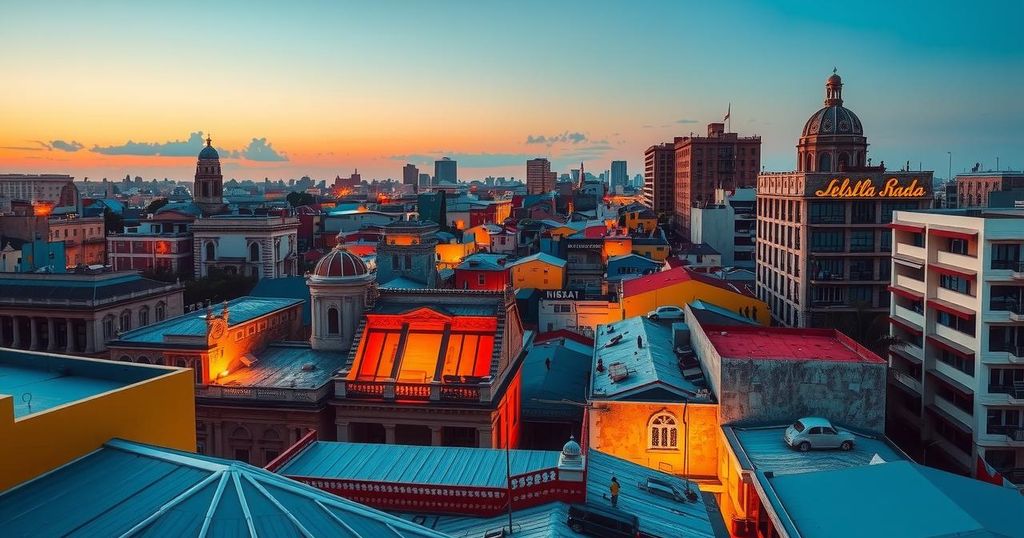World news
ANTONIO GUITERAS, ASIA, CUBA, DAVE SHERWOOD, DONALD TRUMP, EMERGENCY RESPONSE, EUROPE/ASIA, HAVANA, HAVANA´S ELECTRIC COMPANY, HURRICANE BERYL, MEXICO, NATURAL DISASTER, NATURAL DISASTERS, NORTH AMERICA, PHILIPPINES, POWER OUTAGES, REUTERS, RUSSIA, SOUTH AMERICA, U. S, VENEZUELA
Jamal Robinson
0 Comments
Cuba Restores Power to Havana After Nationwide Blackout
Cuba successfully restored power to much of Havana after a nationwide blackout caused by a substation failure. Approximately two-thirds of the city’s residents regained electricity by late Sunday. Despite the restoration, power generation is only at one-third of demand, and schools in three provinces will remain closed until Tuesday. The Cuban government cites external sanctions as a significant factor in its ongoing energy crisis and is seeking to develop solar farms to mitigate reliance on outdated systems.
Cuba has successfully reconnected its national electrical grid and restored power to a significant portion of Havana, nearly two days after a nationwide outage affected 10 million residents. According to energy officials, roughly two-thirds of the city’s electric customers regained power by late Sunday, with expectations for further restoration throughout the night. Residents celebrated as neighborhoods across Havana lit up after enduring two days without electricity.
The power grid failure commenced on Friday evening when a transmission line at a Havana substation short-circuited, triggering a complete shutdown of electricity generation across the island. Havana, a densely inhabited area crucial for tourism, experienced widespread commerce disruption and extensive blackouts, affecting streetlights and businesses.
By late Sunday, the country’s leading oil-fired power plants, Felton and Antonio Guiteras, resumed operations, marking a critical step towards reinstituting electricity across the nation. Additionally, officials reported that electricity reached Pinar del Rio, the last province to receive power restoration, shortly before dark.
This grid collapse constitutes Cuba’s fourth nationwide blackout since October, following a year where oil imports from Venezuela, Russia, and Mexico saw a drastic reduction, exacerbating an already troubled power infrastructure. Even prior to the blackout on Friday, many citizens had been enduring frequent blackouts lasting 20 hours or longer per day.
While progress in restoring power was made, officials indicated that electricity generation stood at only one-third of the usual daily demand, leaving numerous residents still without power. Consequently, the education ministry announced that schools in Pinar del Rio, Artemisa, and Mayabeque provinces would remain closed until Tuesday to secure proper conditions for students.
Cuba attributes its ongoing energy difficulties to the U.S. trade embargo stemming from the Cold War and recent sanctions imposed by former President Donald Trump. In response, the government is striving to establish solar farms with assistance from China to lessen its reliance on outdated oil-fired power generation.
In summary, Cuba has made significant strides in restoring electricity to Havana, following a severe nationwide outage caused by a substation failure. Despite this progress, power generation remains inadequate, resulting in continued challenges for many residents. The Cuban government is addressing these energy issues amidst claims of external economic pressures and is exploring renewable energy initiatives to enhance electricity reliability in the future.
Original Source: gazette.com




Post Comment